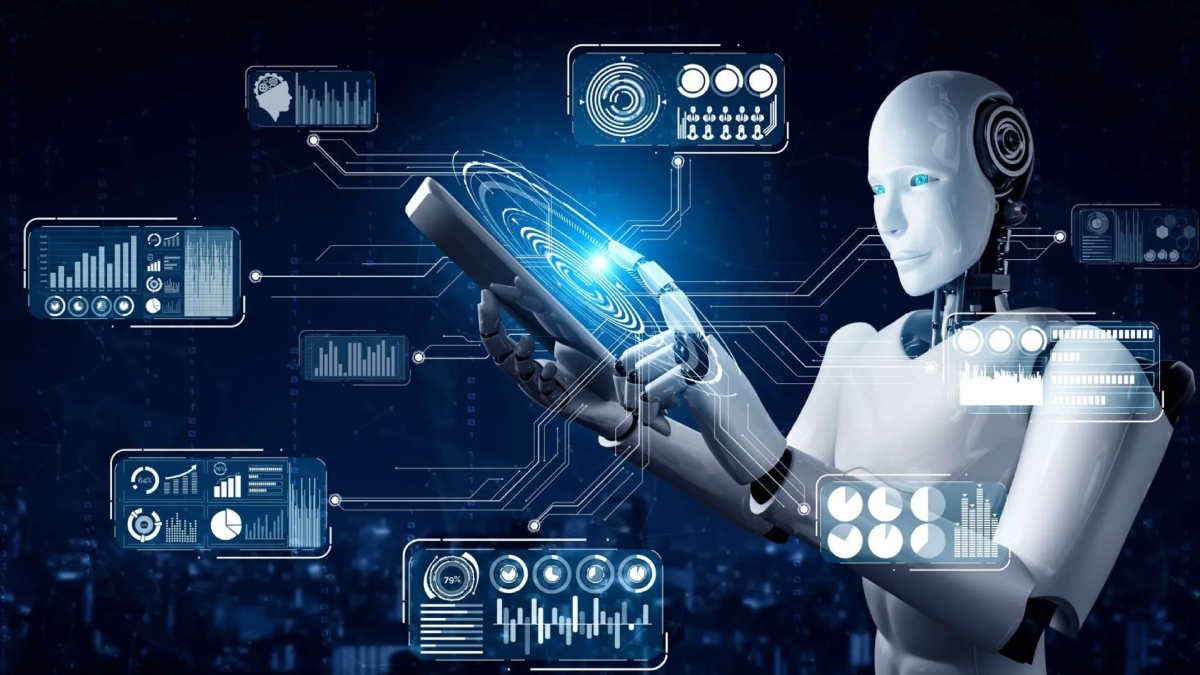The World Economic Forum (WEF) has revealed in its 2025 Future of Jobs Report that 41% of companies are expected to reduce their workforce due to the rise of artificial intelligence (AI). This technological shift, identified as the driving force behind transformative changes in business, is projected to impact global employment trends significantly, with 86% of employers citing AI as the most critical factor in reshaping industries.
According to the WEF, this wave of corporate downsizing will accelerate over the next five years, drastically altering job demands. Key roles poised for growth include Big Data Specialists, FinTech Engineers, AI and Machine Learning Specialists, Software Management Specialists, Autonomous Vehicle Specialists, UI/UX Designers, and IoT Specialists. The report estimates that 113 million people will enter Big Data-related professions by 2030, driven by the need for vast datasets to train AI systems.
Conversely, jobs such as postal service clerks, cashiers, bank tellers, data entry clerks, and administrative assistants are expected to decline as companies adopt advanced AI tools like digital assistants and humanoid robots. This trend, referred to as the “Agentic Era,” has seen tech firms developing AI agents to replace traditional roles, particularly in customer service and administrative tasks.
The International Labor Organization (ILO) also contributed to the report, highlighting a surge in roles such as farmworkers, light truck drivers, software developers, food processors, and nursing professionals by 2030, adding 35 million jobs in agriculture alone due to environmental sustainability initiatives. Rising living costs and increased digital accessibility are cited as additional factors driving job creation in these fields.
However, the ILO warns of further declines in positions such as security guards, accountants, building caretakers, and transportation conductors, as automation continues to reshape traditional labor markets.






